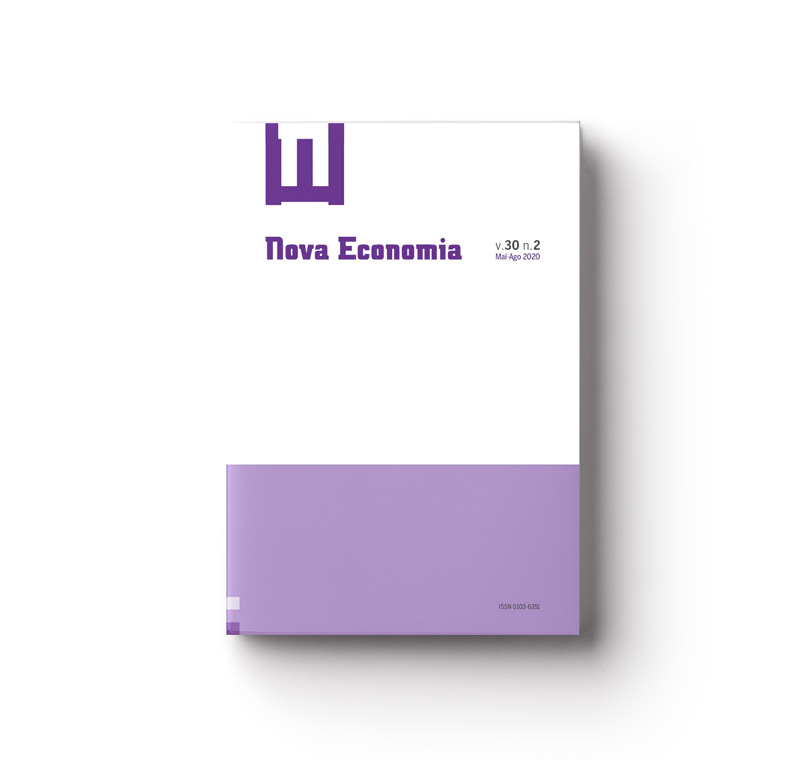Alienation and fetishism in Karl Marx’s critique of political economy
Abstract
This paper explores the connection between the concepts of alienation and commodity fetishism in the work of Karl Marx and their role in his critique of political economy. It analyses the different types of alienation present in his early work, linking them to the issue of fetishism in his mature work, and shows how the notion of alienation is subsumed by his theory of fetishism. In its conclusion, the paper attempts to establish the fundamental characteristics of commodity fetishism and the manner in which this concept expresses a radical criticism of modernity. Finally, the paper demonstrates that the critique of modernity and its modes of socialization, as Marx understood it, required engagement with and criticism of political economists, given that the modern mechanisms of alienation and fetishism are fundamentally grounded upon economic practices.
Downloads
Published
How to Cite
Issue
Section
License
Copyright (c) 2020 Tomás Lima Pimenta

This work is licensed under a Creative Commons Attribution 4.0 International License.
Authors who publish with this journal agree to the following terms:
- Authors retain copyright and grant the journal right of first publication with the work simultaneously licensed under a Creative Commons Attribution 4.0 International License that allows others to share the work with an acknowledgement of the work's authorship and initial publication in this journal.
- Authors are able to enter into separate, additional contractual arrangements for the non-exclusive distribution of the journal's published version of the work (e.g., post it to an institutional repository or publish it in a book), with an acknowledgement of its initial publication in this journal.
- Authors are permitted and encouraged to post their work online (e.g., in institutional repositories or on their website) prior to and during the submission process, as it can lead to productive exchanges, as well as earlier and greater citation of published work (See The Effect of Open Access).




